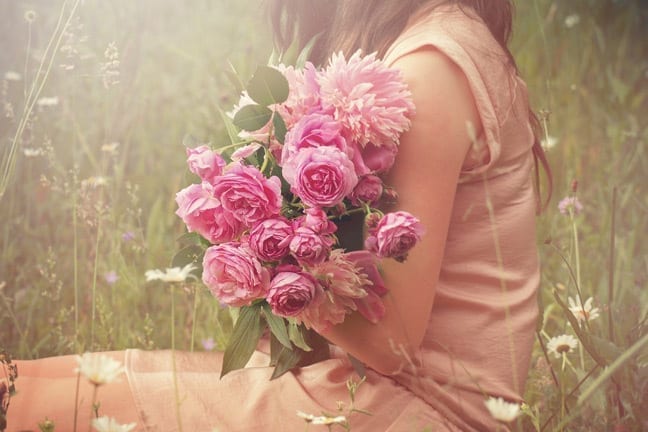Years ago, Christopher Brosius, founder of I Hate Perfume, found a copy of one of his favorite novels that has long been out of print—a signed first edition that’s one of only 100 copies ever made. “It has a wonderful smell,” he says. “I remembered the absolute thrill and joy of finding it and that smell became associated with that moment for me.”
Smell, more than any other sense, is deeply rooted in memory. How many times have you smelled CK One cologne and felt your heart race like it did for your high school crush? Or felt comforted by the smell of bacon and pancakes? When we smell a familiar odor, it’s the emotion connected with the memory that really comes rushing back.
MORE: The Science of Comfort Food
“Smell doesn’t really evoke memory,” says Brosius. “It evokes the emotion we felt at the time that caused the memory to be formed in the first place.” With that in mind, he designs his perfumes to evoke a feeling he remembers fondly, rather than a specific moment.
Courtesy of CB I Hate Perfume “In the Library”

One of his perfumes, “In the Library,” recreates the scent of the book. He’s channeled other experiences into perfumes as well: “Burning Leaves,” “Gathering Apples” and “Greenbriar 1968,” which his website describes as “a memory of my grandfather, the sawmill that he owned and the stone house where he lived.”
Smell is indeed uniquely tied to emotion. “Smells are processed and laid down in memory with the emotions that were experienced at the time of the memory,” explains Dr. Alan Hirsch, director of the Smell & Taste Treatment and Research Institute. The stronger the emotional trigger (and the more unique the smell), the more closely you’ll link the two. “A strong emotional event causes those odor memories to bind to a greater degree,” he says.
READ MORE: The Science of Memory
The link occurs because you process smell in the hippocampus and amygdala, parts of the limbic system, or the “emotional brain”—the same area where memories are processed. “Smells induce recall of vivid memories from the past,” says Hirsch, an effect that he calls “olfactory-induced nostalgia.” (I feel that effect whenever I clean my bathroom because, as weird as it sounds, my toilet bowl cleaner smells exactly like the fir tree in a scratch-and-sniff Christmas book I read when I was a kid.)
Placing a familiar smell (especially one as obscure as a scratch-and-sniff book) isn’t always easy. Smell is the only sense not first processed in the thalamus, meaning that you decide whether you like an odor before you place what it is (you do the opposite with all other senses). Your nose catches a whiff that sends you reeling back to your grandmother’s lap or your summer beach house, endearing you to the smell before you have any idea what it is or where it originated.Some smells are rare or hard to place, but for most of us, a few common smells tend to provoke wistful remembrance.
In a survey of 985 people, Hirsch found that 84 percent said odors made them nostalgic for their childhoods. Baked goods were the number one flashback-inducing odor, but preferences varied depending on where—and when—participants grew up. The smell of farm animals brought back a flood of memories for Midwesterners while barbecue took the top spot for west coasters. For older people, natural smells were most evocative while artificial smells (including Sweet Tarts, Vicks Vapor Rub and jet fuel) pulled the heartstrings of younger generations.
GALLERY: The Top 20 Natural Perfumes
Most of Brosius’ perfumes are based on smells you probably remember fondly—cut grass, falling snow, old books. “The smells that open doors people have forgotten were even there,” he says.He is currently tweaking his perfume, “The Fir Tree,” inspired by one of his favorite Christmas stories and the smell of fir trees on a snowy day. He’s making it “more sappy,” more natural, more like the Griswald family Christmas tree than the perfectly manicured tree you might see in your office entry.Brosius grew up in a very small town surrounded by farms and forests, so he spent a lot of time outdoors. “Every fall, we went to a state park with enormous pine trees,” he says. “A lot of my inspiration really comes from walking in the woods.”
But at the end of the day, he says, “I want it to be about what the smeller brings to his or her encounter with the scent. I want them to have their own experiences—I don’t want to impose mine on them.”
READ MORE: Perfumes for Morning, Noon and Night
Whether the smell of fir trees reminds you of frustrating yards of tangled holiday lights, cozy evenings snuggling by the fire or Chinese food and empty Christmas Day matinees, the emotions you’ve imprinted with the memory of that smell will no doubt be unique to you.





































